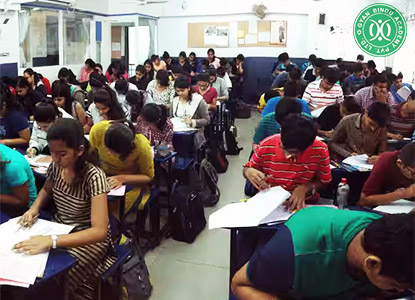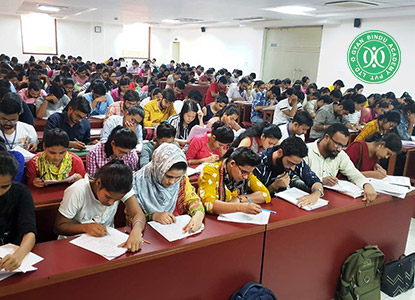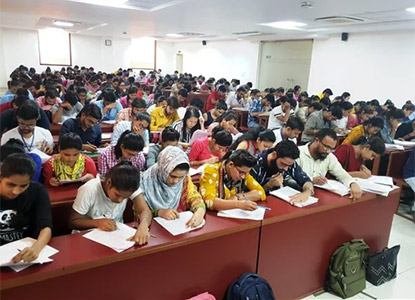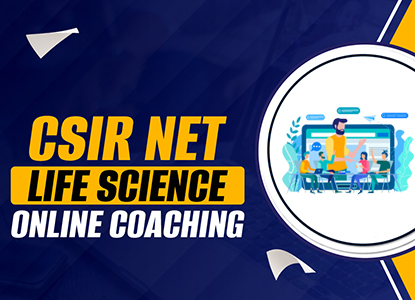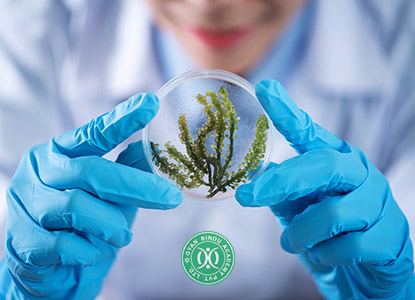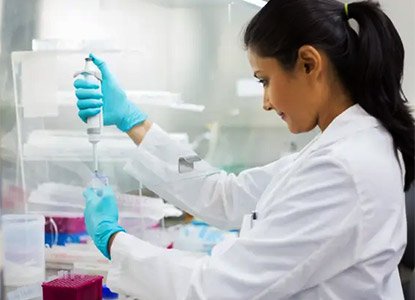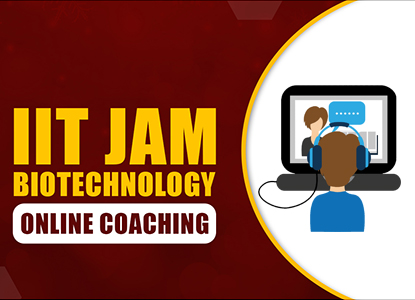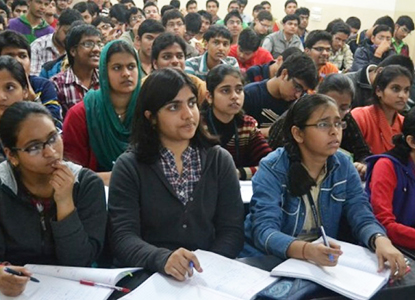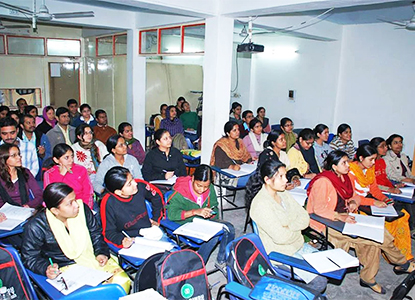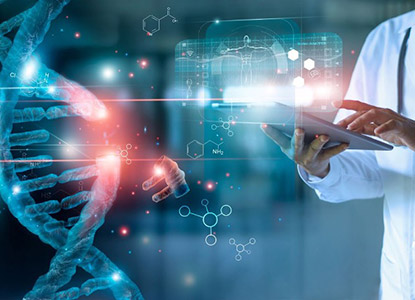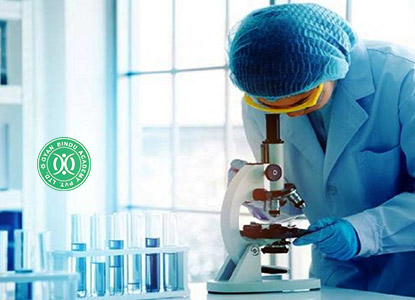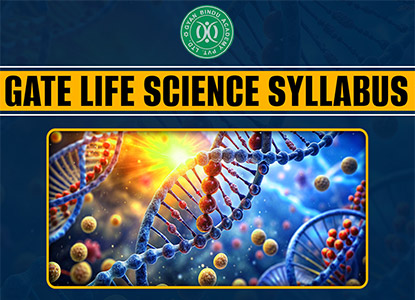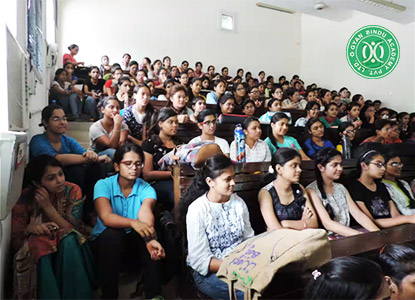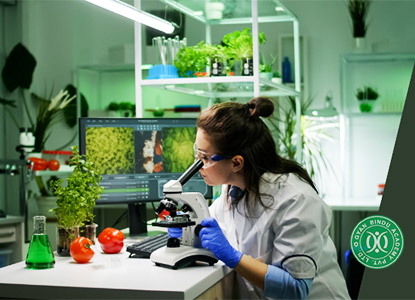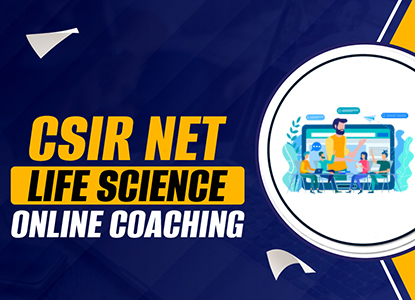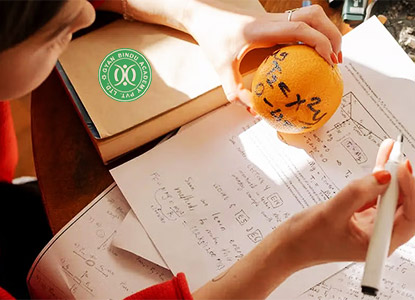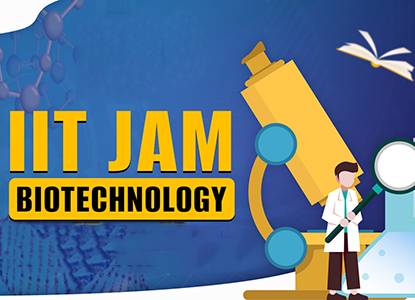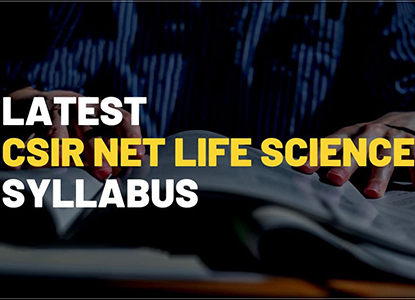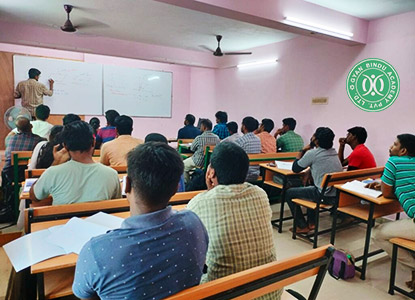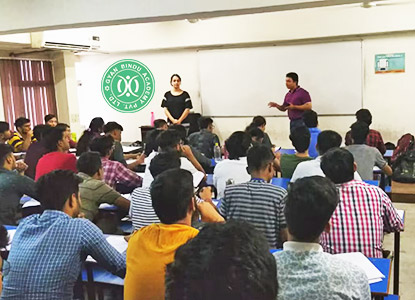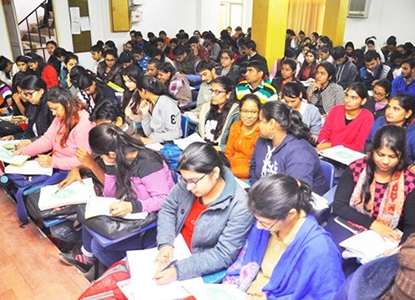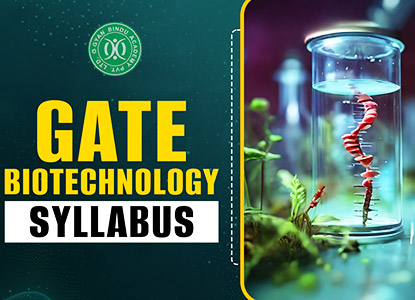 Course Syllabus
Course SyllabusSection 1: Engineering Mathematics
Linear Algebra: Matrices and determinants, Systems of linear equations, Eigenvalues, and Eigenvectors. Calculus: Limit, continuity and differentiability, Partial derivatives, Maxima and minima, Sequences and series, Test for convergence, Fourier Series. Differential.
Equations: Linear and nonlinear first-order ODEs, higher-order ODEs with constant coefficients equations, Laplace transforms, PDE-Laplace, heat, and wave equations. Probability and Statistics: Mean, median, mode and standard deviation, Random variables, Poisson, normal and binomial distributions, Correlation, and regression analysis. Numerical Methods: Solution of linear and nonlinear algebraic equations, Integration of trapezoidal and Simpson rule, Single and multistep methods for differential equations.
Section 2: General Biotechnology
Biochemistry: Biomolecules-structure and functions; Biological membranes, structure, action potential and transport processes; Enzymes- classification, kinetics, and mechanism of action; Basic concepts and designs of metabolism (carbohydrates, lipids, amino acids, and nucleic acids) photosynthesis, respiration, and electron transport chain; Bioenergetics
Microbiology: Viruses- structure and classification; Microbial classification and diversity (bacterial, algal, and fungal); Methods in microbiology; Microbial growth and nutrition; Aerobic and anaerobic respiration; Nitrogen fixation; Microbial diseases and host-pathogen interaction.
Cell Biology: Prokaryotic and eukaryotic cell structure; Cell cycle and cell growth control; Cell-Cell communication, Cell signaling, and signal transduction
Molecular Biology and Genetics: Molecular structure of genes and chromosomes; Mutations and mutagenesis; Nucleic acid replication, transcription, translation, and their regulatory
mechanisms in prokaryotes and eukaryotes; Mendelian inheritance; Gene interaction; Complementation; Linkage, recombination, and chromosome mapping; Extra chromosomal inheritance; Microbial genetics (plasmids, transformation, transduction, conjugation); Horizontal gene transfer and Transposable elements; RNA interference; DNA damage and repair; Chromosomal variation; Molecular basis of genetic diseases Analytical Techniques: Principles of microscopy-light, electron, fluorescent and confocal; Centrifugation- high speed and ultra; Principles of spectroscopy-UV, visible, CD, IR, FTIR, Raman, MS, NMR; Principles of chromatography- ion exchange, gel filtration, hydrophobic interaction, affinity, GC, HPLC, FPLC; Electrophoresis;
Microarray
Immunology: History of Immunology; Innate, humoral and cell-mediated immunity; Antigen; Antibody structure and function; Molecular basis of antibody diversity; Synthesis of antibody and secretion; Antigen-antibody reaction; Complement; Primary and secondary lymphoid organ; B and T cells and macrophages; Major histocompatibility complex (MHC); Antigen processing and presentation; Polyclonal and monoclonal antibody; Regulation of immune response; Immune tolerance; Hypersensitivity; Autoimmunity; Graft versus host reaction.
Bioinformatics: Major bioinformatic resources and search tools; Sequence and structure databases; Sequence analysis (biomolecular sequence file formats, scoring matrices, sequence alignment, phylogeny); Data mining and analytical tools for genomic and proteomic studies; Molecular dynamics and simulations (basic concepts including force fields, protein-protein, protein-nucleic acid, protein-ligand interaction)
Section 3: Recombinant DNA Technology
Restriction and modification enzymes; Vectors; plasmid, bacteriophage, and other viral vectors, cosmids, Ti plasmid, yeast artificial chromosome; mammalian and plant expression vectors; cDNA and genomic DNA library; Gene isolation, cloning, and expression; Transposons and gene targeting; DNA labeling; DNA sequencing; Polymerase chain reactions; DNA fingerprinting; Southern and northern blotting; In-situ hybridization; RAPD, RFLP; Site-directed mutagenesis; Gene transfer technologies; Gene therapy
Section 4: Plant and Animal Biotechnology
Totipotency; Regeneration of plants; Plant growth regulators and elicitors; Tissue culture and Cell suspension culture system: methodology, the kinetics of growth and, nutrient optimization; Production of secondary metabolites by plant suspension cultures; Hairy root culture; transgenic plants; Plant products of industrial importance Animal cell culture; media composition and growth conditions; Animal cell and tissue preservation; Anchorage and non-anchorage dependent cell culture; Kinetics of cell growth; Micro & macro-carrier culture; Hybridoma technology; Stem cell technology; Animal
cloning; Transgenic animals
Section 5: Bioprocess Engineering and Process Biotechnology
Chemical engineering principles applied to biological system, Principle of reactor design, ideal and non-ideal multiphase bioreactors, mass and heat transfer; Rheology of fermentation fluids, Aeration and agitation; Media formulation and optimization; Kinetics of microbial growth, substrate utilization and product formation; Sterilization of air and media; Batch, fed-batch and continuous processes; Various types of microbial and enzyme reactors; Instrumentation control and optimization; Unit operations in solid-liquid separation and liquid-liquid extraction; Process scale-up, economics and feasibility analysis Engineering principle of bioprocessing- Upstream production and downstream; Bioprocess design and development from lab to industrial scale; Microbial, animal and plant cell culture platforms; Production of biomass and primary/secondary metabolites; Biofuels, Bioplastics, industrial enzymes, antibiotics; Large scale production and purification of recombinant proteins; Industrial application of chromatographic and membrane-based bioseparation methods; Immobilization of biocatalysts (enzymes and cells) for bioconversion processes; Bioremediation-Aerobic and anaerobic processes for stabilization of solid / liquid wastes.
